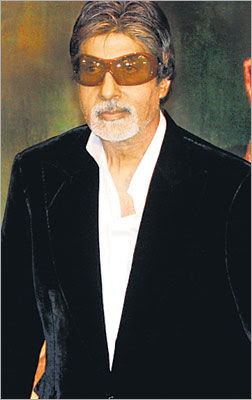Doctors have told Richa, 33, she is capable of having a baby naturally despite blocked fallopian tubes. Her husband Vishal Sharma, 34, is fertile as well.The Indore-based couple, however, are in Mumbai to make a baby out of a syringe filled with Vishal’s frozen sperms.As the hectic pace of urban India is leading to a lifestyle overhaul, sperm banks across the city are registering a growing number of men who are freezing their sperm for use later.“Having a baby naturally might take another year or two. We didn’t want to take a chance, especially as Richa is already 33,” says Sharma, who submitted a sample of his sperms at the Colaba branch of Dr Malpani’s Infertility Clinic before flying off to The Netherlands. But is it possible to sketch a profile of such men? “Men from armed forces, executives with jobs that involve constant travelling, patients suffering from terminal illnesses and men staying away from home for long periods of time, opt to freeze their sperms,” says infertility expert Anirudha Malpani.Doctors say freezing sperms will become more common as mortality insurance becomes a bigger reality. Malpani’s clinic registers an average of 6-7 such cases today, against 1-2 cases registered two years back. The two branches of Medilab have registered 40-50 such cases as against 15-20 two years back. “There is a definite rise in the number of people freezing their sperms. The reasons are varied, but those who travel frequently make up for the major chunk of our clients,” says Dr Arun Patil, director, Medilab.Naval officers, IT professionals, BPO executives, media professionals and those in the airline industry spend long periods away from home. Their visits are either short or filled with familial duties, leaving no time to make a baby. “Many who are working in the US or Dubai for long periods of time are freezing their sperms so that their wives can be impregnated here at home,” says Dr Gautam Allahbadi, scientific director, Rotunda.
The growing awareness has also seen a rise in the number of cancer patients opting to save their sperm. Cancer treatment is known to reduce sperm count drastically. “Many oncologists are sending such patients to us to help them freeze their sperm and assure them a family,” says Malpani. Add to this the changing attitude among women. With an increasing number putting marriage and children on a standby mode the average conceiving age of women is now early-30s, up from mid-20s a couple of years back. This trend, however, has left women in urban India with an average of just 5-6 ‘good years’ to get pregnant. “Women are unwilling to wait. They would rather use the intrauterine insemination technique that involves injecting sperm in the uterus,” says Anjali Malpani. Anirudha and Anjali Malpani have been running their infertility clinic for the last 15 years, and have noticed a sea-change in attitude towards assisted pregnancy and sperm banking. But there is still a long way to go. “Even the well-qualified and well-travelled Vishal Sharma has to hide the details of his wife’s treatment from his family and friends,” says the Malpanis





